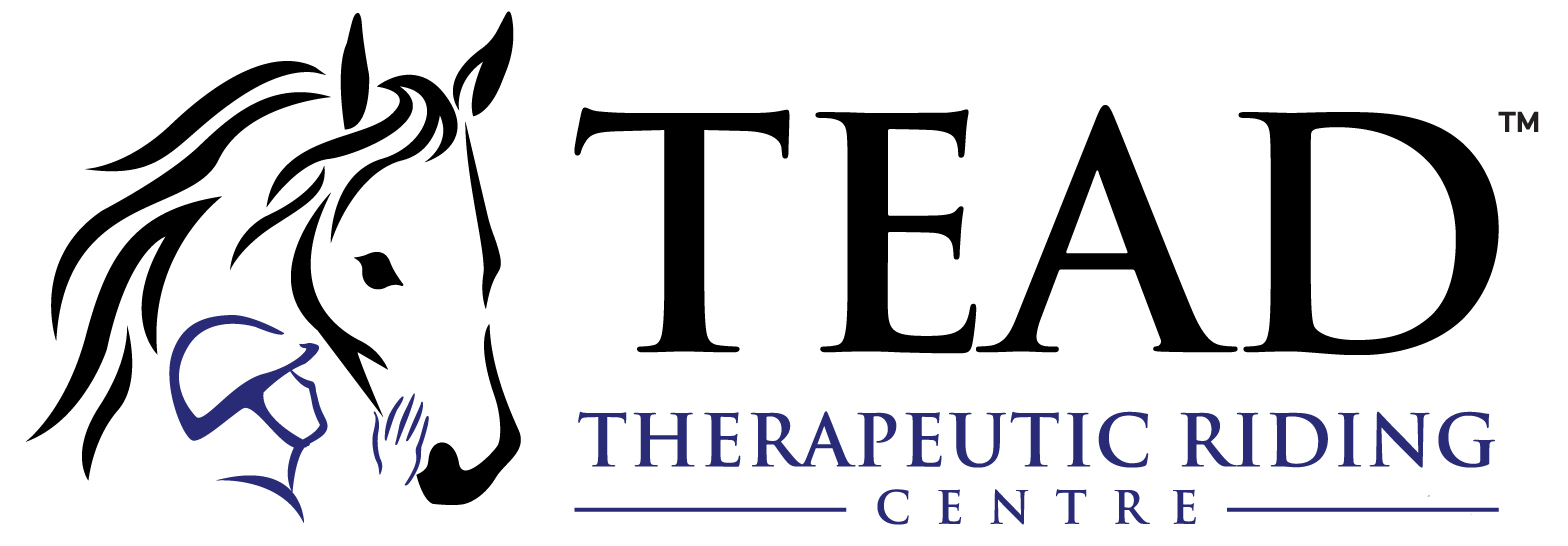
Equine-Assisted Psychotherapy (EAP) is a therapeutic approach that incorporates interactions with horses to promote emotional growth and healing. This experiential form of therapy is designed to address a wide range of mental health and developmental issues by leveraging the unique bond between humans and horses. EAP is facilitated by licensed mental health professionals and equine specialists, ensuring a safe and supportive environment for participants.
*Our goal is to provide quality services please understand that appointment times are limited. If you must cancel your appointment, we respectfully request a 24hr notice. Please email TrotOn@TEAD.ON.CA
Missed appointments, or appointments cancelled without 24hr notice, we will charge the full fee for session.
Target Audience
EAP is suitable for individuals of all ages, including children, adolescents, and adults. It is particularly beneficial for those experiencing:
- Anxiety
- Depression
- Post-Traumatic Stress Disorder (PTSD)
- Behavioral issues
- Relationship difficulties
- Low self-esteem
- Addiction
- Grief and loss
Therapeutic Goals
The primary goals of EAP include:
- Improving emotional regulation and self-awareness
- Enhancing communication and social skills
- Building trust and empathy
- Developing problem-solving abilities
- Increasing confidence and self-esteem
- Processing and overcoming trauma
Program Structure
EAP sessions typically involve both individual and group formats, with each session lasting between 60 to 90 minutes. The program structure includes:
- Initial Assessment: Participants undergo an initial assessment to identify their therapeutic needs and goals. This assessment helps tailor the EAP sessions to the individual's specific requirements.
- Interactive Sessions: Each session involves structured activities with the horses, such as grooming, leading, and groundwork exercises. These activities are designed to reflect and address the participant's emotional and behavioral patterns.
- Reflection and Processing: After interacting with the horses, participants engage in reflective discussions with the therapist. This phase allows for processing emotions and experiences, drawing parallels between their interactions with the horses and their personal lives.
- Goal Setting and Progress Evaluation: Regular goal-setting and progress evaluations ensure that therapeutic objectives are being met. Adjustments to the treatment plan are made as necessary to optimize outcomes.
Therapeutic Approach
EAP leverages the intuitive nature of horses, which are highly sensitive to human emotions and non-verbal communication. Key therapeutic approaches used in EAP include:
- Experiential Learning: Participants learn through direct experience and reflection, fostering a deeper understanding of their emotional and behavioral responses.
- Metaphor and Symbolism: Interactions with horses often serve as metaphors for real-life situations, providing a safe space to explore and resolve conflicts.
- Non-Verbal Communication: Horses respond primarily to non-verbal cues, helping participants become more aware of their body language and emotional states.
Benefits of EAP
- Emotional Insight: Working with horses helps participants gain insight into their emotions and behaviors, promoting self-discovery and emotional healing.
- Immediate Feedback: Horses provide immediate, honest feedback based on the participant's actions and emotional state, facilitating real-time learning and adjustment.
- Safe and Supportive Environment: The non-judgmental and accepting nature of horses creates a safe space for participants to express and process difficult emotions.
Conclusion
Equine-Assisted Psychotherapy offers a unique and effective approach to mental health treatment. By combining the therapeutic expertise of mental health professionals with the intuitive presence of horses, EAP helps participants achieve meaningful and lasting emotional growth. Whether addressing trauma, building self-esteem, or improving relationship skills, EAP provides a powerful pathway to healing and personal development.
